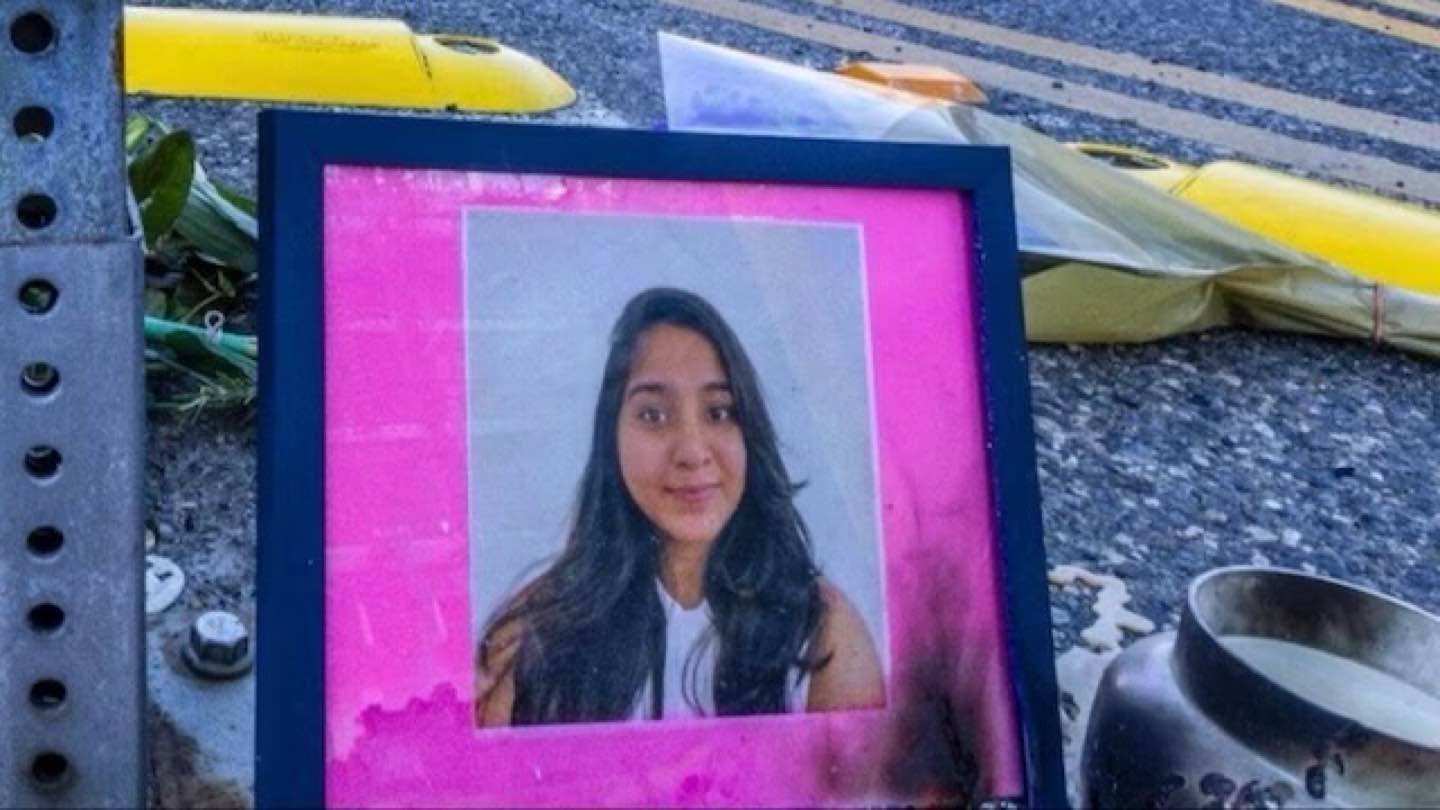In an event that has both devastated a family and outraged a community, the tragic death of Jaahnavi Kandula has been a focal point of discussion and concern. The Indian student, who was struck and killed by a Seattle police officer, has not seen justice in the eyes of her family, as it was recently announced that no charges would be filed against the officer involved in the incident. This development raises several questions and concerns, not only about the specifics of the Jaahnavi Kandula death but also about the broader aspects of accountability and justice in such incidents.
What Happened to Jaahnavi Kandula?

Jaahnavi Kandula, a young student with promising dreams, met an untimely demise in a tragic accident that has since captured public attention. The details surrounding the incident are both heart-wrenching and contentious, with many asking how such a tragedy could occur and why the officer involved will not face charges. For a more in-depth account of the events leading up to this conclusion, additional reflection on these queries can be found at Justice Hangs in Balance: What Happened to Jaahnavi Kandula?.
The Family’s Reaction
Upon hearing the decision that no charges would be filed against the Seattle officer, Jaahnavi Kandula’s family expressed deep devastation and outrage. Their reaction underscores not only their personal loss but also their apprehension towards a justice system that, in their view, failed to hold the officer accountable. Their statement reflects a broader sentiment felt by many who have been following the case closely.
The sentiment of the family and the wider community begs a significant examination of the mechanisms of accountability within law enforcement and the legal thresholds for filing charges in incidents involving the use of a vehicle by an officer on duty. To understand the latest developments in Jaahnavi Kandula’s case, detailed information is available here.
Why Were No Charges Filed?
The decision not to file charges against the Seattle officer incident has sparked widespread discussion and debate. As of now, the official statements released by the prosecuting authority have not fully disclosed the in-depth reasoning behind this decision. However, it is understood that such decisions often involve a comprehensive analysis of the law, the circumstances of the incident, and the evidence available.
It’s crucial for those interested in this case to understand not only the specifics of the Jaahnavi Kandula death but also the broader legal and procedural context. For individuals looking to gain more insights into the complexities of legal proceedings in such cases, visiting an official immigration website for authoritative information on legal processes can be helpful. A resourceful starting point could be the U.S. Department of Justice website.
Community’s Response and Future Steps
The news of no charges being filed in the incident has not been met quietly by the community and those who stand in solidarity with Jaahnavi’s family. Protests, vigils, and calls for legal reforms have been some of the immediate responses, illustrating a collective demand for justice and accountability.
As this case continues to unfold, it raises broader questions about the necessary reforms within law enforcement and the legal system to ensure greater accountability and prevent such tragedies in the future. It also underscores the need for community engagement and advocacy in pushing for these changes.
Navigating the Quest for Justice
For Jaahnavi Kandula’s family and supporters, the journey for justice has been fraught with challenges. In navigating these difficult waters, it is crucial to remain informed, engaged, and persistent in the quest for accountability.
- Stay Informed: Keeping up-to-date with developments in the case can empower supporters to advocate more effectively.
- Engage with the Community: Building a network of support can amplify the call for justice and reform.
- Seek Legal Guidance: Legal experts can provide valuable insights and strategies in the pursuit of accountability.
Conclusion
The case of Jaahnavi Kandula serves as a poignant reminder of the importance of accountability, the quest for justice, and the ongoing challenges faced by families seeking answers in the wake of tragic incidents. As the discussions surrounding the decision of no charges being filed evolve, it is imperative for both the community and legal authorities to reflect on the necessary steps to uphold justice and prevent future tragedies. For those closely following the case, staying informed and engaged remains a crucial part of honoring Jaahnavi’s memory and supporting her family through this challenging time.
This Article In A Nutshell:
The tragic death of Jaahnavi Kandula, an Indian student hit by a Seattle officer, sparks outrage. No charges filed, leaving many questions on justice. Her family and the community demand accountability. It highlights the need for legal reforms and community support. Stay informed, engage, and seek guidance to navigate the quest for justice.












